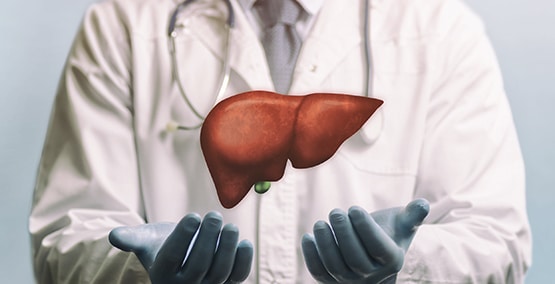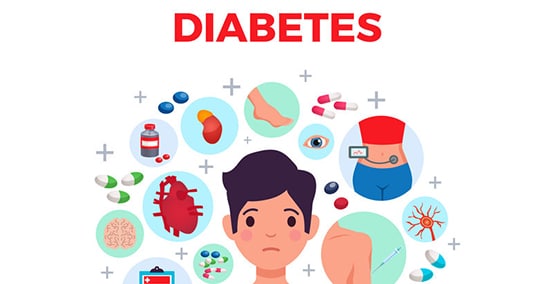
Lung medications for cystic fibrosis

Certain medications are used to keep the lungs healthy and prevent infections. Listed below are the general types of medications often used:
- Mucolytics help thin the mucus (example, mucomyst goes in a nebulizer)
- Extra-salty water for drinking helps thin the mucus from the lungs
- Bronchodilators open the airways. Some are for daily use; others are for when it's hard to breath; and some can do both jobs
- Antibiotics can improve lung function when taken regularly (for example, azithromycin)
- Inhaled antibiotics can help control infection with Pseudomonas aeruginosa (Tobramycin or TOBI, aztreonam)
- Ibuprofen can lessen inflammation and slow progression of the lung disease
- Ivacaftor, a medication that helps the CFTR protein work well in the 4-5 percent of patients who have a mutation, called G551D.
In addition to managing the lungs with medications, another important part is providing extra calories and nutrients to meet the patients needs. Since there is extra effort for patients with CF to breath and undergo treatments, then need additional nutrients.
These medicines are usually used in combination with techniques to help clear the lungs of their thick mucus. Unfortunately, in some cases, the clearance procedures and medications don't work and lung transplantation may be needed for those with severe lung disease.




